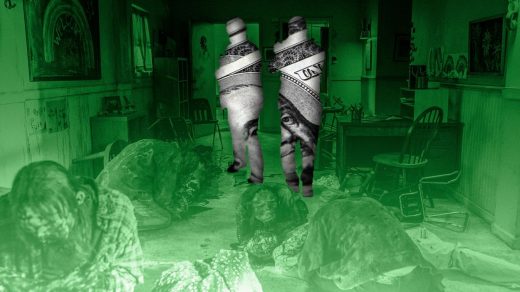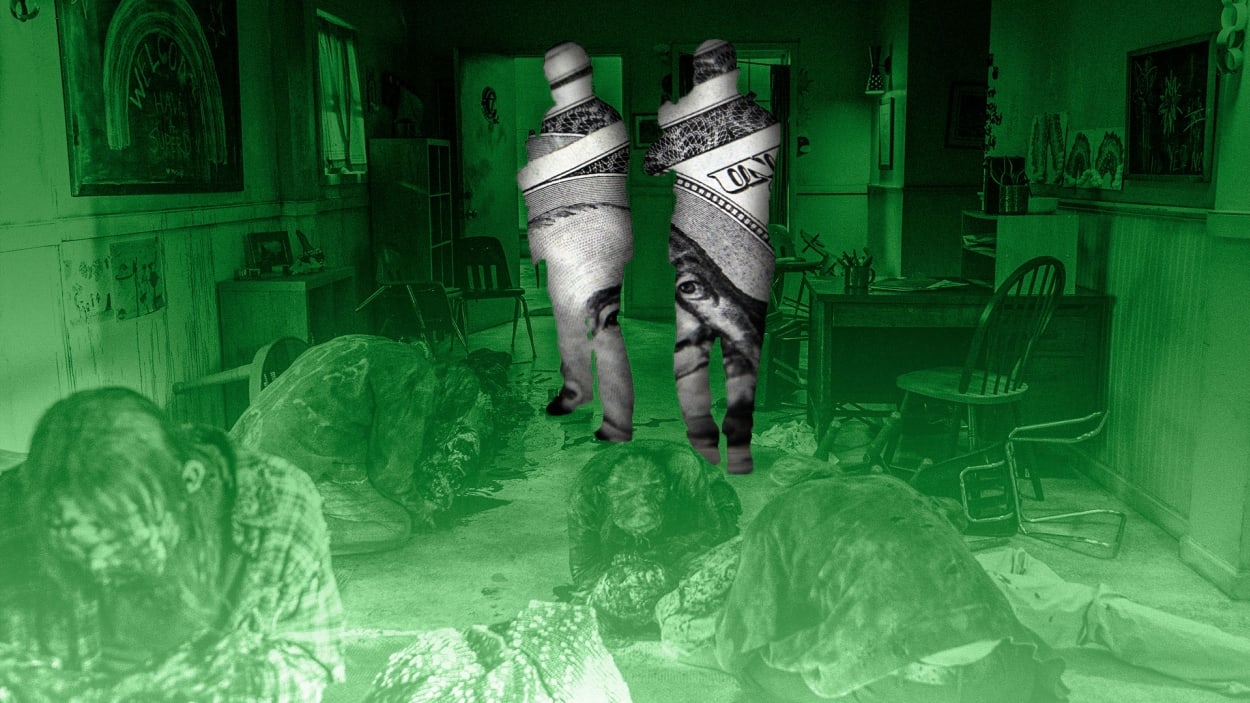The creator of ‘The Walking Dead’ announces he’s raising $75 million from fans via an IPO alternative
Skybound Entertainment, the entertainment company founded by The Walking Dead co-creator Robert Kirkman, announced Monday it has launched an investment campaign where fans can own a part of the popular franchise and other intellectual properties.
Crowdfunding app Republic is overseeing the campaign, which has already netted $11.6 million from more than 4,500 investors in its quiet period. Republic calls the campaign one of its most successful launches to date.
Investing via Republic is a bit different than buying shares in a public company. Investors receive an investment contract Republic calls a Crowd SAFE, giving them a financial interest in the company. That doesn’t make them eligible for dividends or other benefits a public company might offer, but should Skybound be acquired, go public or sell all of its assets, then investors could see a return on what they put into the brand.
It’s a risky bet for your money, something the company readily admits.
“This investment involves a high degree of risk,” reads the subscription agreement. “This investment is suitable only for persons that can bear the economic risk for an indefinite period of time and that can afford to lose their entire investment. Furthermore, investors must understand that their investment is illiquid and is expected to continue to be illiquid for an indefinite period of time. No public market exists for the units…and no public market is expected to develop following the offering.”
By illiquid, Republic means if you change your mind, you’re going to have a hard time getting that cash back. Stakes can’t be sold for at least a year—and there’s no guarantee anyone will want to buy it.
This sort of funding is known as a Regulation A+ offering. That’s basically an alternative to an IPO or other offering that lets companies avoid fully registering with the Securities and Exchange Commission, but still offer securities. Some companies use them to test the waters before a more formal offering, though that’s not the only use case.
Still, The Walking Dead, Amazon’s Invincible, and Skybound’s nearly 150 other television and comic book properties have a loyal following—and some of those fans may want to invest to be closer connected to those properties. If so, they’re going to have to shell out at least $500 for each common interest share (and those shares can’t be fractionalized, so they’ll have to invest in $500 increments).
“We’re so excited for this Regulation A+ offering, as the concept aligns with one of Skybound’s core values: connecting with fans,” said Skybound CEO David Alpert in a statement. “We believe that by empowering our creators to do what they do best, and inviting its superfans to be able to hold a stake in the content they’re passionate about, it’s a win-win for everyone.”
Like Kickstarter, the more you invest in Skybound, the more “perks” you get. Put $5,000 into the company, and you’ll get a Skybound Universe beer stein with your shares. Spending $100,000 will earn you a tour of the company’s headquarters and studio. And a $2 million investment will get you onto the red carpet at a future Skybound film or TV release.
The company hopes to raise $75 million before its campaign comes to a close on August 14, 2023. It self-describes its valuation before these investments at $500 million, but there was no indication that was an audited estimate.
That’s a big amount, but there is some precedent for it. Realm Metaverse Real Estate, a startup with a portfolio of digital assets in 13 metaverses, has raised $75 million via Republic and currently has a waitlist for investors. Other companies that Republic says have used the platform include SpaceX and Robinhood.
Life to date, Republic says it has seen more than half a billion dollars in investments by more than 1 million people. Its advisors include Randi Zuckerberg, sister of the Facebook founder, and musician Chamillionaire.
Correction, January 24, 2023: A previous version of this article misspelled Robert Kirkman’s name.
(13)



